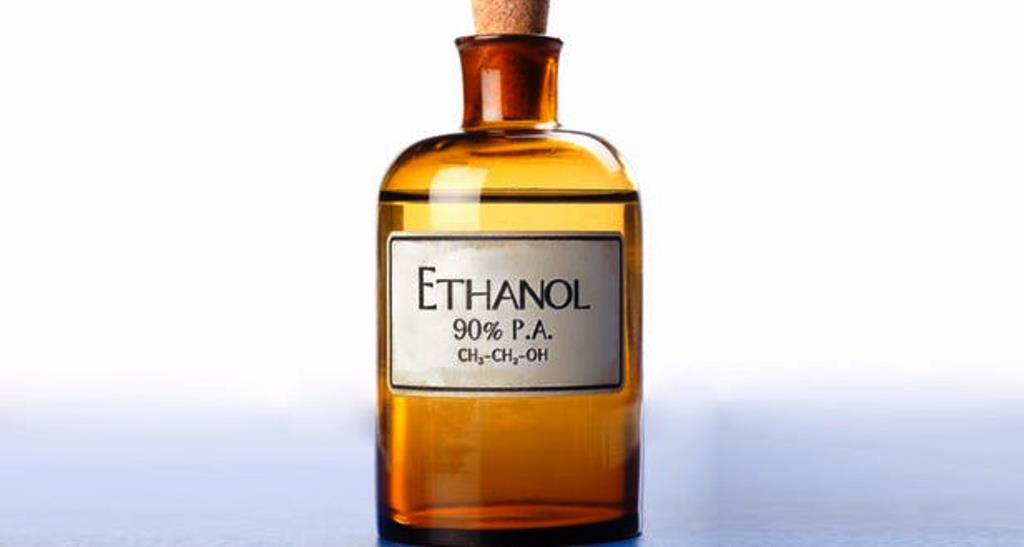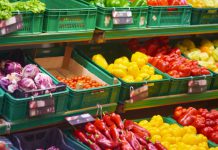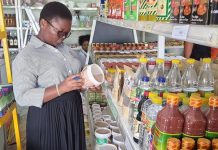AfricaPress-Tanzania: AS the country battles to contain the spread of coronavirus, Minister for Trade and Industries, Mr Innocent Bashungwa announced a ban on ethanol export, a raw material used by local manufacturers for sanitisers and disinfectants.
The move aims to strengthen the availability of raw materials to enable local industries produce more sanitisers to cope with the high demand for such products locally.
A statement made available to the media yesterday and signed by Industry and Trade Permanent Secretary, Professor Riziki Shemdoe, stated that the ban will begin to be implemented on 27 March this year.
“Ethanol producers should also increase production capacity and inform manufacturers of the availability of the raw material so that they can purchase the material from them because they cannot get it from outside the country due to the status of COVID-19,” the statement read in part.
Three industries are manufacturing the COVID-19 preventive gears and chemicals in the country, but their production is still low because of inadequate raw materials and regular power outages.
The factories are Keko Pharmaceutical Limited, Mansoor Days Chemicals Limited and Tarmal Industries Limited which have the capacity of between 1,500 and 5,000 litres a day.
According to Mr Bashungwa, the Tanzania Industrial Research and Development Organisation (Tirdo) produce a maximum of 360 litres of ethanol a week, which does not meet the current demand.
“We are in discussions with sugar manufacturing companies on the need to produce more ethanol as a by-product to meet the raw materials’ demand,” he said during a meeting with manufacturers and distributors of sanitizers.
During the meeting, manufacturers made a plea to the minister to work on ethanol availability, which they said was among the challenges for them to produce sanitisers and be able to meet the current demand.
Tanzania Bureau of Standards (TBS) Director- General, Dr Ngenya Yusuf said approved ethanol has been registered as batch No TZS 1650:2014 which the bureau’s officials are keenly following in the market.
“We have organised teams across the country, especially on ports of entry and border posts to make sure that protective materials that don’t meet standards are not smuggled into the country,” Dr Yusuf said.
On 22 March 2020, Mr Bashungwa made an impromptu visit to producers and dealers of sanitizers in Dar es Salaam and observed that some of them were selling sanitizers at exorbitant prices compared to their actual production costs.
He instructed TBS and the Fair Competition Commission (FCC) to shut down and revoke licences of all dealers who are hiking prices of the sanitisers.
During his visit at Nakiete Pharmacy, he found sanitizers being sold at much higher prices compared to the price they bought from the factory.
“A 250 ml bottle at government Medical Stores Department (MSD) is sold at 5,500/-, but here at Nakiete it is sold at 20,000/-; 60ml bottle is sold at 2,500/-, but at this pharmacy, the price is 8,000/-. The government cannot tolerate this, and as we said, coronavirus is an emergency, and no one should capitalise on it, hence their licences must be revoked,” he noted.
At Mansoor Daya chemical factory along Mandela Expressway, Bashungwa found the factory price for 60ml bottle of sanitiser was 2,500/-, 250ml bottle was 3,500/- and a onelitre bottle was 16,000/-, which in the pharmacies is sold at 80,000/-.







